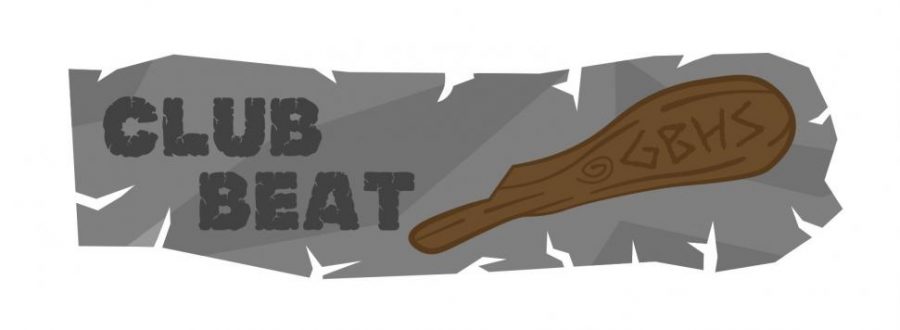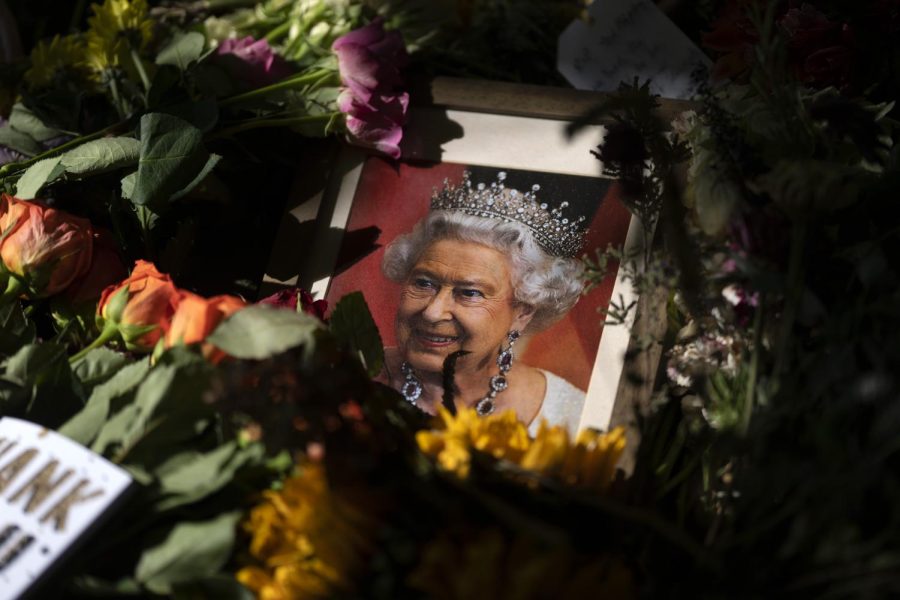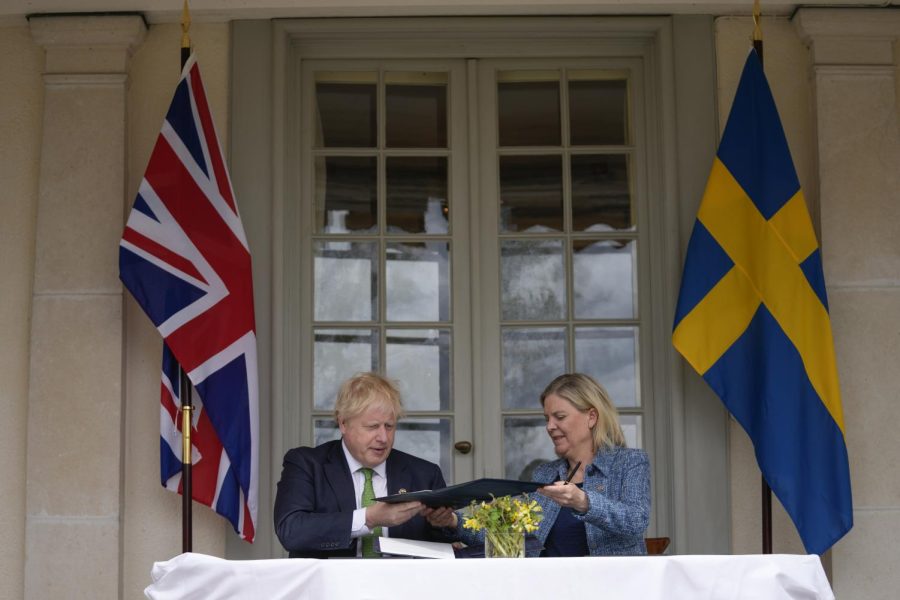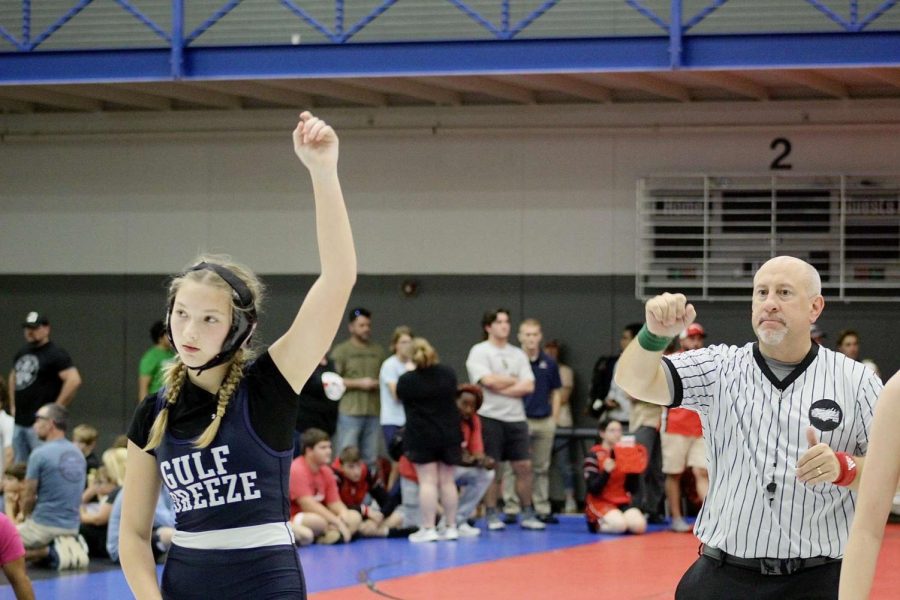Banning Books is Doing the World a Disservice
March 10, 2022
“The fact that people are wanting to avoid certain books with certain themes is exactly why these books need to be read.”
It’s 2022 and we’re halfway through the presidency of Joe Biden. Talks of the 2024 election have always been active, but these conversations have picked up recently as new candidates prepare to announce and advocate for their running. Strong in these political conversations is the topic of book banning. Amid the political controversy over Critical Race Theory and LGBTQ+ rights, politicians are promoting the banning of books in schools, rapidly adding books to the “banned list,” that deal with these deemed “touchy” topics. Despite the efforts many politicians are making to justify the banning of books, hiding books and attempting to limit conversations brought about by them is only doing students and the world a disservice.
Within the last couple of years, Critical Race Theory has gained popularity, and unpopularity, as the leading explanation of civil rights and social justice happenings in the United States. While CRT may seem like a radical new idea, it has been an established academic framework since the 1970s and has been expressed by African American writers for much earlier than that. One book that is becoming very common on the lists of challenged books is The Bluest Eye, by Toni Morrison. Cited as containing “sexually explicit material” and underlying leftist political agenda, this famous novel has been banned in many school districts, in many states, across the nation. While this book, and others like it, may contain disturbing content and subject areas that make us feel uncomfortable, it is for that exact reason that we should not try to hide these books. The Bluest Eye was published nearly 50 years ago, before there was the strong Democrat-Republican divide over race that there is today. The ideas of race portrayed in this novel were not intended to fall into line with any one political party in the first place, but to display purely the life of an African American girl in the outwardly racist 1940s America.
Another book making its debut on the banned list is Heather Has Two Mommies, by Lesléa Newman. This children’s picture book, published in 1989, follows the protagonist Heather, an elementary school-aged girl. When Heather goes to school for the first time, she learns that her family is different, as she has two lesbian mothers, as opposed to her classmates, who have a mother and a father. The theme of the book — families can come in a variety of different forms. This book was banned simply due to themes of homosexuality. However, the message behind the book does not even have to apply strictly to homosexuality. Families can include same-sex parents, single parents or maybe even foster parents. Had the book depicted a child brought up by a single mother, the book would likely not have been banned, even though the message remains the same. The point is that homophobia is prohibiting children from obtaining a great message from a book.
In addition to bannings over race and LGBTQ+ debates, many books are being banned due to sexually explicit content or inappropriate language. While inappropriate content may seem like a logical justification to keep a book off the shelves of a school library, this occurrence is generally common in books with subject matters far more serious than the few couple of times a bad word is thrown in. For example, the graphic novel, Maus, by Art Spiegelman, recounts the events of the Holocaust through the characterization of Jews as mice and Nazis as cats. This Pulitzer Prize-winning book was banned on a couple accounts of foul language and a depiction of a naked woman. While the imagery is in fact disturbing as Spiegelman said himself over the banning of the book, “It’s disturbing history.” When you’re dealing with issues as horrific as the Holocaust, it can be hard to grasp the raw emotion second hand. Banning books with unpleasant material only makes it harder to understand what writer are trying to convey.
Overall, banning books about topics we don’t want to confront will not prevent these conversations from carrying out. If anything, it makes people want to read them more so they can try to figure out what it is they are being prevented from knowing. The fact that people are wanting to avoid certain books with certain themes is exactly why these books need to be read. It’s okay to feel uncomfortable about something, but not confronting these feelings only causes them to linger. Talking about something like race conflictions can allow people to understand why something may be right or wrong. Politicians who think staying in a protective bubble of comfort is best for the world are only providing a temporary solution for those who are afraid to concede to the ever-changing world. We are punishing writers for doing what literature is supposed to do.




















